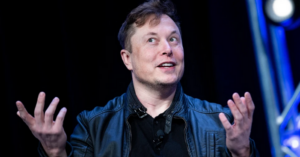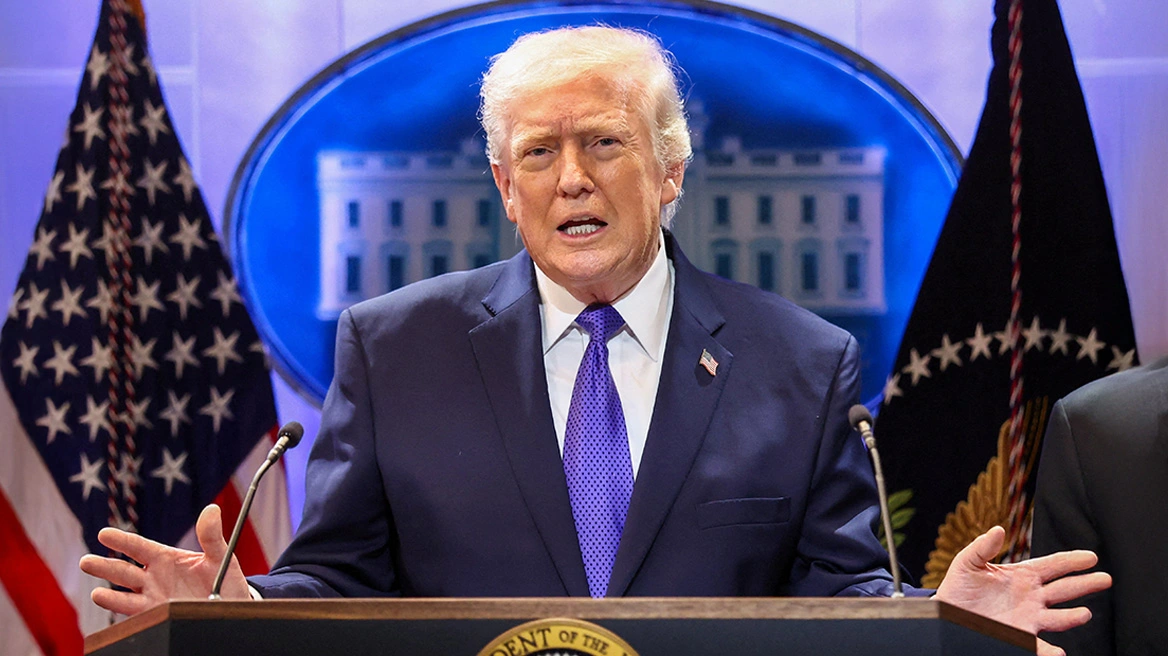The way has opened for the operation of the satellite Internet of wide use in Greece with a joint ministerial decision signed by the Deputy Minister of Digital Government Thodoris Livanios and the Deputy Minister of Environment and Energy Nikos Tagaras, following a proposal by the National Telecommunications Committee.
It updates the special procedure for licensing the installation of standard antenna structures and introduces a new regulatory framework for the installation of standard antennas that meet specific technical safety standards.
The antennas described above will be used by companies to provide consumers with satellite Internet services, ensuring a stable connection at high speeds and low response times.
This decision is coming to resolve the last pending issues for the activation of Starlink’s satellite Internet, Elon Musk, in Greece.
The reason for the need to change the regulatory framework for this type of “satellite dishes” is that they may look like those of satellite TV, but they have one important difference: In addition to signal receivers, there are transmitters. The licensing of satellite dishes was in fact one of the key regulatory issues that had to be resolved before Musk’s company began shipping equipment boxes to our country.
Researchers explore using light to levitate discs in the mesosphere
It should be noted that Starlink pre-orders had been opened in various European countries, including Greece, since spring, while the company has already set up a Private Capital Company with the distinctive title STARLINK GREECE and manager Mr. Samuel Chadwick Gibbs.
With the services provided by Starlink, virtually every part of the country, no matter how remote or isolated, will now be able to have an internet connection. As Elon Musk has noted, Starlink targets areas outside of fixed and mobile network coverage. This possibility is being considered by the Greek government in the context of the country’s digital transition.
Starlink was launched in the northern United States and Canada last year and now provides connectivity services to 70,000 customers in 12 countries. Elon Musk’s company has 1,500 satellites in operation with a goal of reaching a total of 12,000 in the coming years.
Ask me anything
Explore related questions





